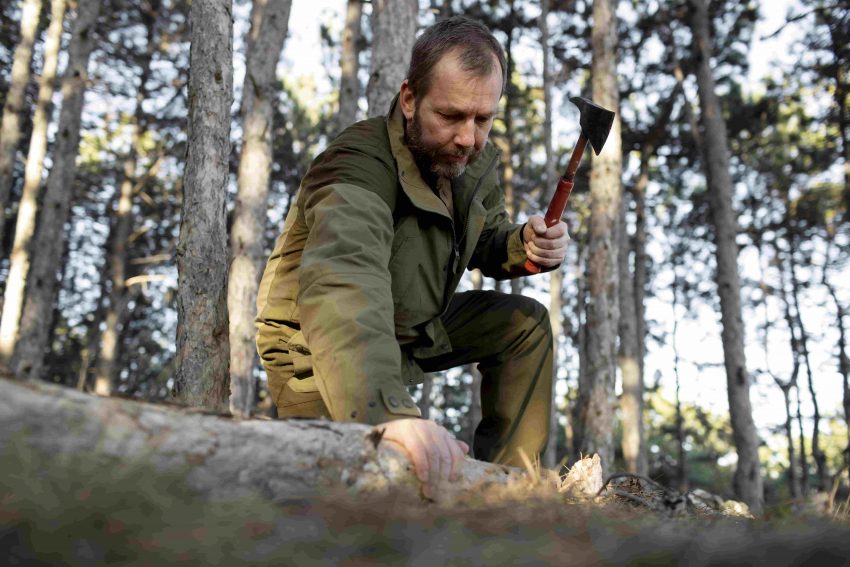Journey into the Wild
In the world of outdoor adventures, hunting guides play a crucial role in creating memorable experiences. These skilled individuals lead enthusiasts through the wilderness, offering expertise and ensuring safety. Whether you’re a seasoned hunter or a curious adventurer, understanding what makes an exceptional hunting guide can deepen your appreciation for this challenging role.
Hunting guides are the unsung heroes of the great outdoors. They combine a passion for nature with expertise, guiding clients to not only hunt successfully but also to learn about wildlife and conservation. This post explores the essential skills that contribute to a hunting guide’s success, offering insights for those aspiring to join their ranks or simply wishing to understand the intricacies of this role.
Through this guide, readers will discover the multifaceted responsibilities of hunting guides, the critical skills they must possess, and the significance of safety and ethics in their work. Alongside practical advice, real-life stories from seasoned guides will provide inspiration and a glimpse into the realities of guiding in the wild.
The Role of a Hunting Guide
Hunting guides serve as navigators, educators, and protectors in the wilderness. Their responsibilities span from pre-trip planning to the execution of the hunt, ensuring a seamless experience for their clients. Guides meticulously plan routes, considering weather conditions, terrain, and the target game species. This preparation is vital for a successful and safe expedition.
Once in the field, guides demonstrate their expertise by leading the hunt. They teach clients about animal behavior, tracking techniques, and the best strategies for a successful hunt. This educational aspect is essential for clients to appreciate the complexity and skill involved in ethical hunting practices.
A guide’s role extends beyond the hunt itself. They are responsible for the safety of their clients, maintaining communication, and handling emergencies. This comprehensive responsibility requires a high level of preparedness and adaptability in unpredictable environments.
Essential Skills for a Hunting Guide
Successful hunting guides possess a diverse set of skills that enable them to perform their duties effectively. Navigation is paramount; guides must read maps, use GPS, and interpret natural signs to ensure safe passage through the wilderness. This skill is crucial for both reaching hunting grounds and returning safely.
First aid knowledge is another critical skill for hunting guides. In remote areas, immediate medical assistance might not be available, making it essential for guides to treat minor injuries and manage emergencies. This capability ensures client safety and confidence throughout the expedition.
Understanding wildlife behavior is key for successful hunts. Guides must recognize animal tracks, habits, and habitats to increase the likelihood of locating game. This knowledge enriches the hunting experience, offering clients a deeper connection to the natural world and respect for the animals they pursue.
The Importance of Safety and Ethical Hunting
Safety is a non-negotiable aspect of hunting, and guides must prioritize it at all times. This involves adhering to safety protocols, carrying necessary equipment, and maintaining clear communication with clients. A commitment to safety ensures a positive experience and reduces the risk of accidents.
Ethical hunting practices are equally important. Guides educate clients about respecting wildlife, following local regulations, and ensuring sustainable hunting practices. This approach fosters a conservation-minded ethos, preserving wildlife populations for future generations and enhancing the integrity of the hunting community.
By integrating safety and ethics into their guiding philosophy, hunting guides contribute to a culture of responsibility and respect for the environment. This approach not only benefits wildlife but also enhances the reputation of hunting as a respectful and sustainable tradition.
How to Become a Successful Hunting Guide
Aspiring hunting guides must invest in their skills and knowledge to succeed. Training programs offer foundational education in wildlife management, navigation, and first aid. These programs provide the technical skills necessary for guiding in diverse environments.
Experience is invaluable; aspiring guides should seek mentorship from seasoned professionals and participate in guided hunts to gain practical insights. This hands-on learning helps develop the confidence and adaptability required for successful guiding.
Networking is also crucial for career growth. Building connections within the hunting community can lead to job opportunities and collaborations. Engaging with fellow guides, clients, and industry professionals broadens one’s knowledge and visibility in the field.
Real-life Stories and Experiences
Seasoned hunting guides bring a wealth of experience and stories from the field. These anecdotes provide practical insights into the realities of guiding and inspire aspiring guides. For instance, a guide might share a tale of tracking elusive game through challenging terrain, highlighting the perseverance and skill required for success.
Other stories might focus on unexpected challenges, such as sudden weather changes or equipment failures, demonstrating the importance of adaptability and quick thinking. These experiences offer valuable lessons for new guides, reminding them of the unpredictable nature of the wilderness.
Hearing from experienced guides also reinforces the sense of community within the hunting world. It fosters a spirit of camaraderie and shared knowledge, encouraging guides to support and learn from one another.
Pathways to Success
In summary, hunting guides are essential figures in the outdoor community, combining skill, knowledge, and passion to create unforgettable experiences. Their role encompasses planning, educating, and ensuring safety, all while maintaining a commitment to ethical hunting practices.
For aspiring guides, investing in training, gaining practical experience, and building a network within the hunting community are key steps towards success. By honing essential skills and learning from seasoned professionals, new guides can confidently step into their roles.
We invite you to share your own experiences and insights in the comments below. Whether you’re a seasoned guide or a curious enthusiast, your perspectives enrich the conversation and inspire others. To continue exploring the world of hunting and guiding, consider joining our community for further discussion and resources.
